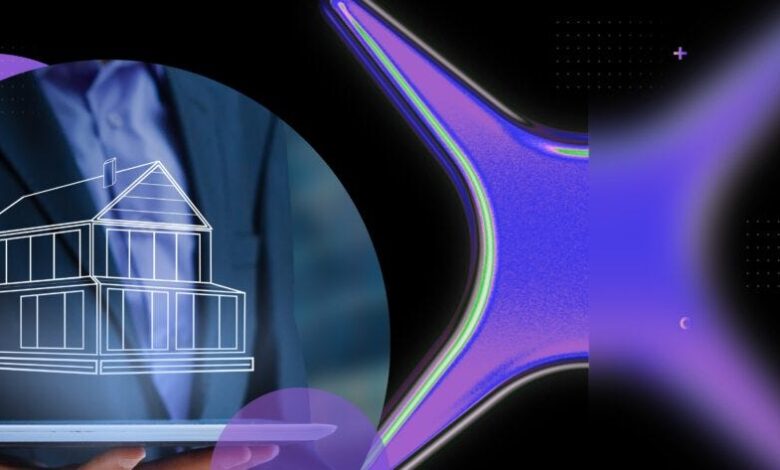Metaverse Real Estate: A Look at Legal Frameworks

The concept of metaverse real estate has exploded into public consciousness, with headlines trumpeting virtual land sales worth millions. The underlying promise, often linked to blockchain technology and NFTs, is one of digital ownership, unique experiences, and new economic frontiers. However, beneath the surface of this digital gold rush lie significant legal and technical complexities that demand a more sober examination, particularly concerning the smart contracts that govern these virtual assets and the nascent legal frameworks attempting to keep pace.
Investing in or developing metaverse properties is about engaging with a new kind of asset class where the rules are still being written. The role of blockchain app development services here is crucial, not just in creating the marketplaces, but in architecting the very logic of ownership and interaction within these virtual worlds.
Critical considerations for the future of metaverse real estate
The ambiguity of “ownership”: When you buy metaverse real estate, what do you actually own? Is it a true property right, a license to use a specific digital space, or something else entirely? The legal definitions are still murky and vary significantly between platforms. Smart contracts can define the terms of transfer and use within the platform’s ecosystem, but their enforceability and interpretation under existing property law are largely untested.
Smart contract limitations and vulnerabilities: While smart contracts automate transactions and enforce rules within the metaverse, they are not infallible.
Inflexibility: Once deployed, many smart contracts are immutable. This can be a strength, but also a weakness if unforeseen circumstances require changes to the terms of agreement. Mechanisms for upgradeability or governance need careful consideration.
Intellectual property in virtual spaces: Who owns the intellectual property of user-generated content within a metaverse property? How are branding and trademark rights enforced in these new digital realms? Smart contracts might manage licensing, but the broader IP issues are complex.
Interoperability: Currently, a plot of land in one metaverse platform is generally not transferable or usable in another. This lack of interoperability limits the true potential and liquidity of these assets. While some blockchain app development services are exploring cross-chain solutions, true seamless interoperability remains a distant goal.
The evolving role of DAOs: Decentralized Autonomous Organizations (DAOs) are increasingly involved in managing metaverse platforms and even owning large swathes of virtual land. Understanding the legal status and liability of DAOs, and how their governance decisions impact property rights, is crucial.
Prospective participants and developers must look beyond the initial excitement. A thorough understanding of the legal uncertainties and the technical nuances of the smart contracts underpinning these virtual worlds is essential. As this digital frontier expands, the sophistication of the blockchain app development services building its foundations, and the legal frameworks trying to govern it, will be key determinants of its long-term viability and success.




